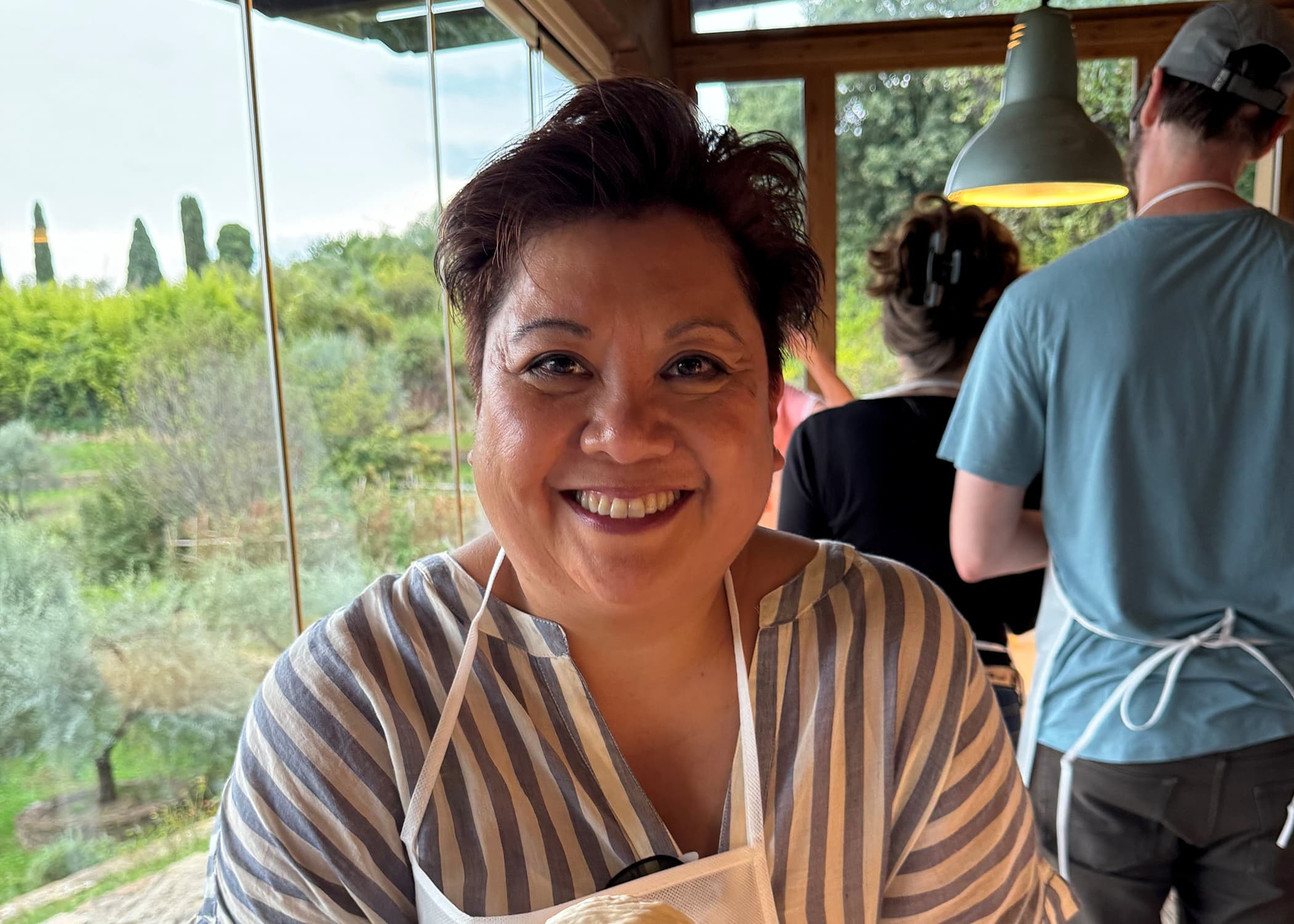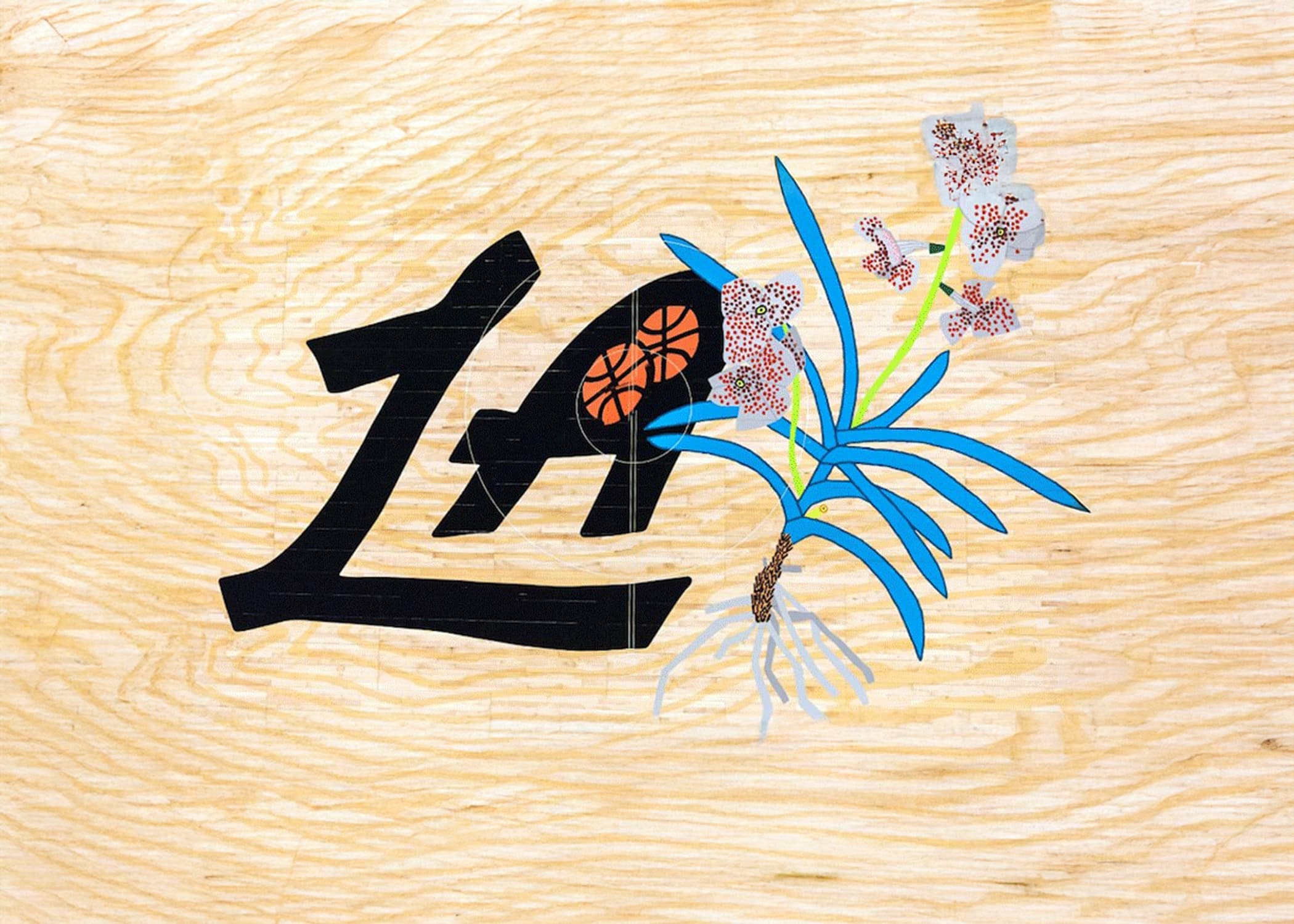Tell us a little about yourself and how you came to Nixon Peabody.
I was born in Washington, DC to Sierra Leonean parents. After 20 years, I went to Connecticut College, making me the first in my family to go to college. I always say that I was one of the first in my neighborhood, too, because a lot of people who grew up in that area never had the opportunity to pursue higher education.
I majored in psychology, then came back to DC where I mentored high school students. Along the way, I thought it was time for me to get out of the neighborhood. I moved to Maryland, and from there, met my husband.
I worked in banking for about seven years prior and I wanted a change. One of my cousins told me Nixon Peabody was a good place to work, so I landed here.
What inspires you? Or why do you do the work that you do?
My mom, although she wasn’t present because she was always working, always expected us to go to college.
In the Sierra Leonean community, a lot of accomplishments are through your children. So I knew for my mom to pop her collar, I needed to get my degree.
Would you like to tell us about your wonderful family, and how you came to the decision to adopt your nephew?
My husband and I had four children of our own. He comes from a large family, and one year, his family was hit with the deaths of several siblings. One of his sibling’s children, Ibrahim Abass, was left behind. When I saw pictures of Ibrahim, it didn’t sit right with me. At that time, I too had a five-year-old, and I thought, you know, we should try to adopt him.
Nixon offered such a great benefit—they offered reimbursement for adoption, which factored into our decision.
We started the process with a US adoption agency and local contacts in Sierra Leone. It was a long, long process in the United States—about two years start to finish. We brought Ibrahim home in April 2023.
Can you share your experience after bringing Ibrahim home?
Initially, the first night was challenging as Ibrahim cried a lot. Before he went to school for the first time in the US, he asked us if the teachers used tear gas, which we learned had been used in his previous school in Sierra Leone. The hardest part was trying to figure out what was going on in his brain and his past trauma.
We’re also trying to instill a connection between Ibrahim and his Sierra Leone culture. When he came to the United States, he forgot his native language, Creole. We’re planning a trip back to Sierre Leone so he can experience it—we don’t want him to lose his identity. We want him to know that he’s more than just a US citizen; he does have a history.
We’ve also had some fun navigating our new normal as a family. My other son is also named Ibrahim, so we started calling them by their middle names instead—my biological son is IB and my adopted son is Abass.
Throughout the process of adopting Ibrahim, you also obtained your MA in Business Administration, which you describe as your proudest accomplishment.
Yes, when I was in my last class of the program—with one week left to finish my degree, the adoption agency called us and asked that we go to Sierra Leone to pick up Ibrahim. Sierra Leone is a country that lives in the dark. The WiFi is not good, it’s tough to do research, and I didn’t have enough battery on my laptop.
It was really a very difficult feat, but I got it done while completing the adoption process.




